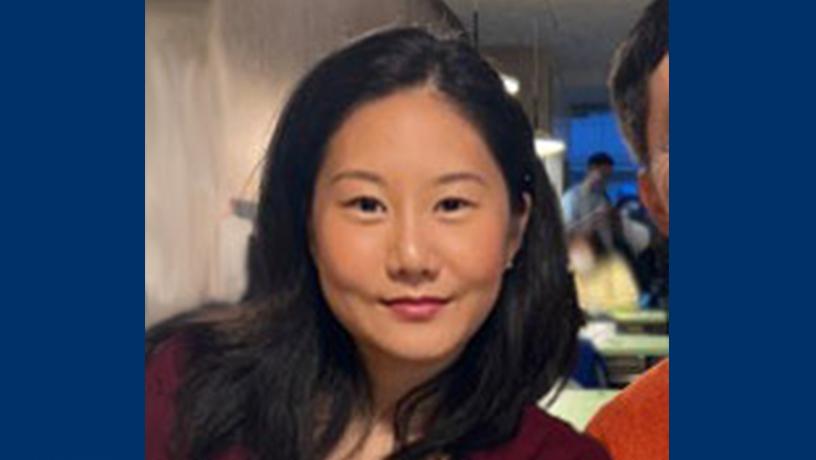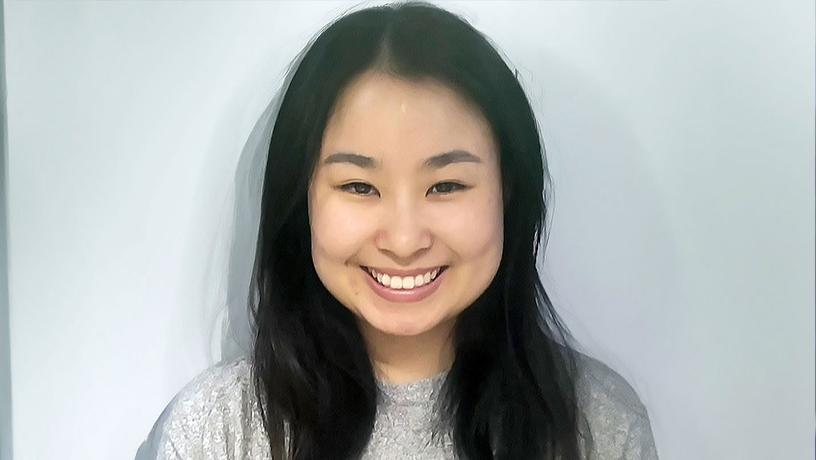Fourth Cohort of Lustgarten-Whitney Fellows Announced
A game designer, entrepreneur, and computational biologist are set to receive scholarship aid from Columbia Engineering’s Computer Science MS Bridge Program.
Columbia Engineering has announced the new cohort of Lustgarten-Whitney fellows from the MS Bridge Program of the computer science department. The program offers individuals from non-computer science backgrounds and those without programming experience the opportunity to gain the necessary knowledge and skills for tech careers. The recipients of this year’s Lustgarten-Whitney fellowships are Ashley Cho, Vinayak Kannan, and Erica Koyama.
The year-long MS Bridge program consists of introductory computer science classes, providing a seamless transition into Columbia Engineering’s MS program in computer science.
"The goal of this program has always been to bring in students who did not previously pursue a computer science major or career, and I think our cohorts reflect that mission," said Tony Dear, a lecturer in discipline at Columbia Engineering and the MS Bridge program advisor. "Every year, we have a very talented and motivated set of students coming in, and they have backgrounds in areas like other engineering fields, economics and finance, math and statistics, policy, law, the arts, and more."
Now in its fourth year, the program continues to grow, and curriculum updates focus on providing students with a more tailored approach, ensuring they have the foundational knowledge and skills needed to thrive and make meaningful contributions to the engineering field. This enables students to deepen their understanding of core concepts and explore specialized areas of interest, such as intelligent systems. By incorporating more math classes into their coursework, students gain valuable analytical and problem-solving skills essential for success in advanced engineering disciplines.
The Lustgarten-Whitney fellowship is made possible by the generous support of Janet Lustgarten MS’85. The fellows are selected based on their outstanding academic performance in the program and their capacity to utilize computer science across diverse fields.
About the new fellows:

Ashley Cho
Ashley Cho is a Rochester Institute of Technology graduate with a BS in game design and development. She received the RIT Founders International Scholarship for all four years of undergraduate study and graduated magna cum laude in 2022.
Cho fell in love with programming while an undergraduate and applied to the MS Bridge Program to develop her skills and become a software engineer. She plans to take the Vision, Graphics, Interaction, and Robotics Track during her master's to prepare for a career in computer vision.

Vinayak Kannan
Vinayak Kannan graduated from the University of Michigan (Ross School of Business) with a BBA in business administration with honors in 2020. He worked at McKinsey and Company and for his own financial technology startup when he realized he had gaps in knowledge, particularly in the mathematics and statistics surrounding machine learning (ML) and artificial intelligence (AI). He applied to the MS Bridge Program to gain computational skills and prepare for a career in machine learning and AI, either in a hands-on-keyboard role as a machine learning engineer or as a consultant driving change as a technology leader.
Aside from taking ML and AI Bridge courses, Kannan is collaborating with Professor Gita Johar at Columbia Business School on a project developing a topic modeling pipeline to automate and scale a trustworthy, fact-checking pipeline to combat the spread of misinformation.

Erica Koyama
Erica Koyama is a recent graduate of Soka University of America with a BA in liberal arts and a concentration in life sciences. For her senior thesis, she designed and synthesized a drug inspired by known anti-cancer therapeutics, tested its efficacy on human cancer cells, and leveraged bioinformatics to measure the drug’s impact on cellular RNA levels. While working in the wet lab, she recognized the power of computer science when the computational tools she used resulted in significant insights that guided the direction of her research.
She is interested in developing algorithms that model molecular and cell dynamics to better elucidate drug interaction with the body and to aid with drug design. During the Bridge year, she plans to gain expertise in programming, machine learning, and computational modeling to prepare for the machine learning/computational biology track of the master's program.
